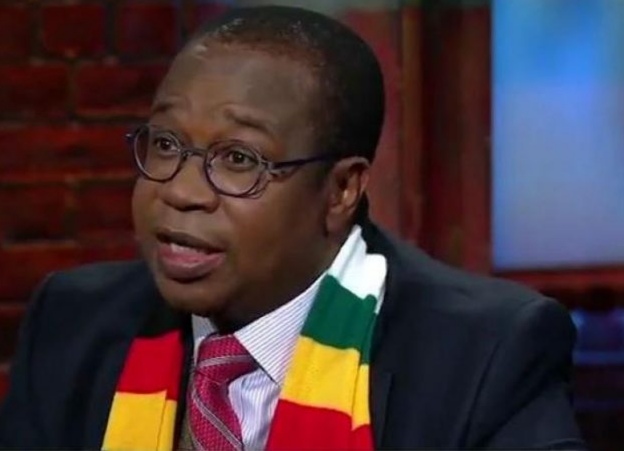Ncube to headline CZI conference
FINANCE minister Mthuli Ncube is set to headline the Confederation of Zimbabwe Industries (CZI) annual economic outlook symposium next Thursday, which is expected to seek solutions to price hikes and exchange rate volatilities.
The indaba, which is expected to draw top industrialists, will be held under the theme COVID, Currency and Inflation Risks to Business and Economic Prospects for 2022. CZI president Kurai Matsheza and CEO Sekai Kuvarika will present papers on the projected impact of fiscal and monetary policies on business this year.
Other presenters include World Bank representative Stella Illeva and Chamber of Mines of Zimbabwe chief executive Isaac Kwesu.
Central bank governor John Mangudya, who recently released the 2022 monetary policy statement, will be a panellist at the indaba. Among a plethora of measures introduced by Mangudya, he pledged to continue fine-tuning the exchange rate policy.
“The refinement of the foreign exchange auction system shall be buttressed by: a) strict adherence to and enforcement of the know your customer (KYC) and customer due diligence (CDD) principles and requirements by banks when processing forex bids and intra-bank transfers on behalf of their customers. Timeous settlement of auction bid allotments within a period of two weeks and allotment of foreign currency on the basis of available foreign exchange to avoid incidents of settlement backlogs,” Mangudya said.
Last week the industry lobby group said lack of a clear de-dollarisation roadmap was driving inflation in the country and breeding macroeconomic challenges that were pointing the economy towards full dollarisation.
In a January 2022 inflation update, the CZI said prices of goods and services had been on the rise over the past few weeks as the Zimbabwe dollar continues to weaken against the US dollar.
At the end of last month, the foreign currency exchange rate on the auction system stood at US$1:$115,42 while on the parallel market the US dollar was trading at US$1: $240. It is this disparity between the official and unofficial exchange rates that has been driving inflationary pressures on the economy. Formal sector workers’ salaries have not been increasing in tandem with the price hikes.-newsday











